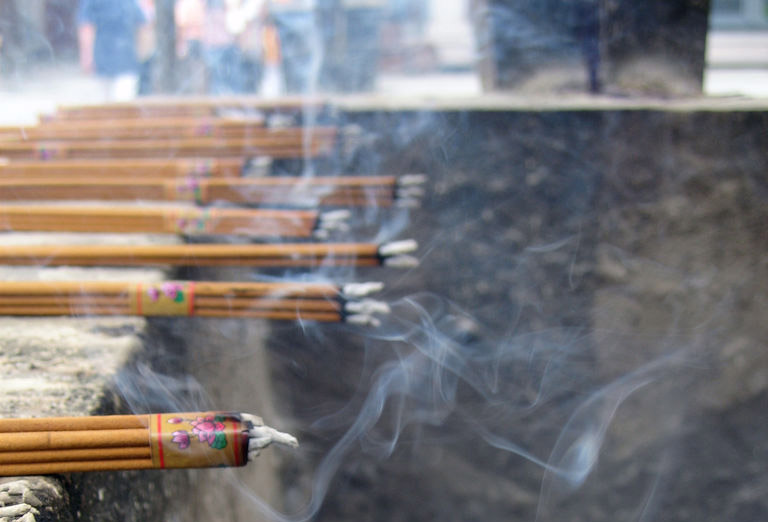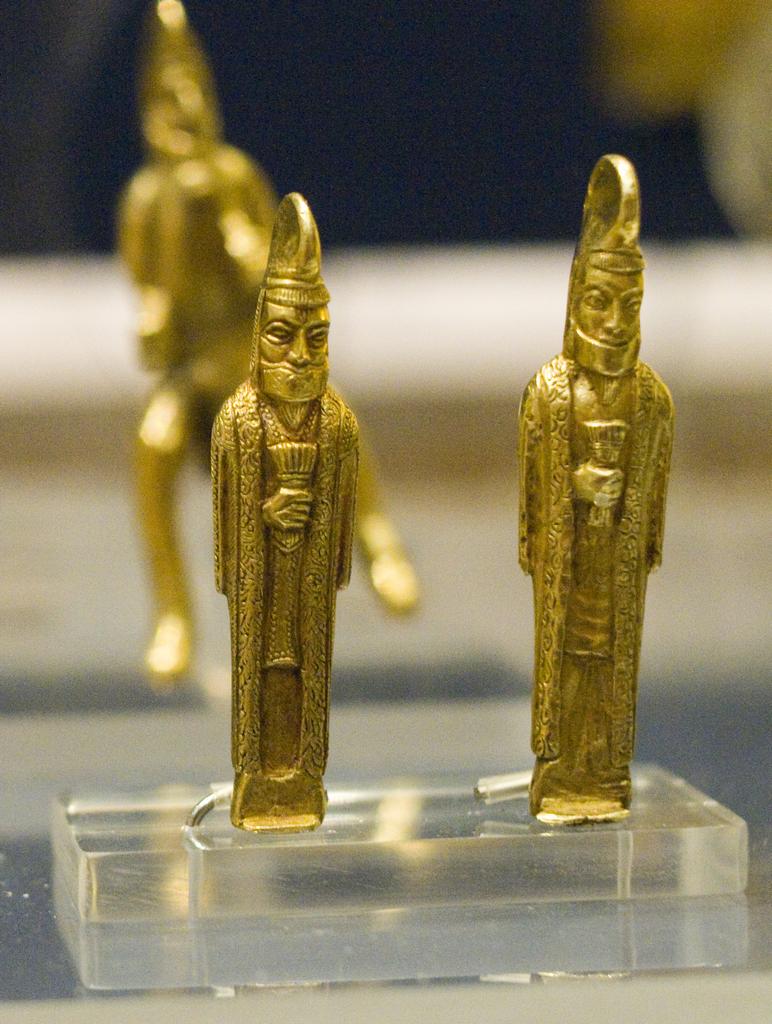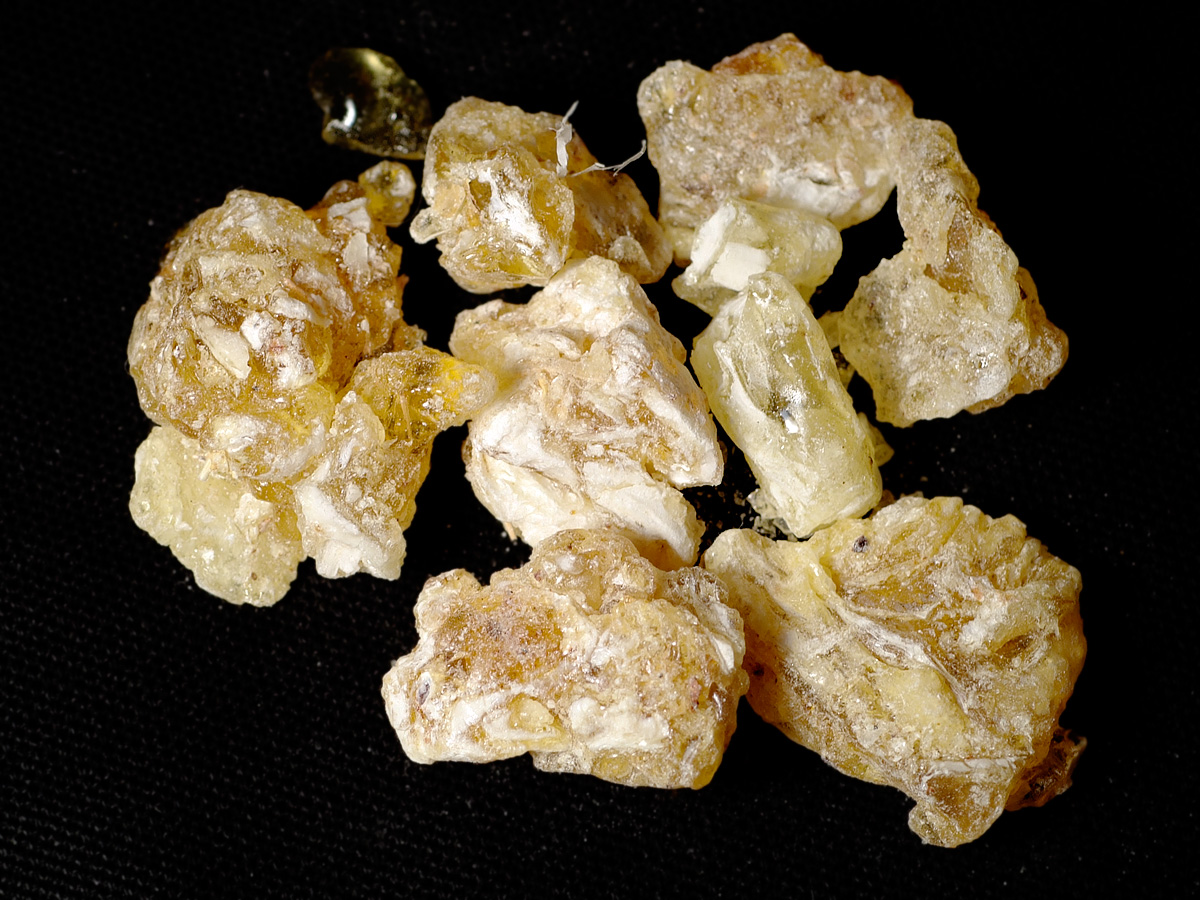|
Ritualism
Ritualism, in the history of Christianity, refers to an emphasis on the rituals and liturgical ceremonies of the church. Specifically, the Christian ritual of Holy Communion. In the Church of England, Anglican church in the 19th century, the role of ritual became a contentious matter. The debate over this topic was also associated with struggles between High Church and Low Church movements. Definition In Anglicanism, the term 'ritualist' is often used to describe the revival of second generation Oxford Movement/Anglo-Catholicism, Anglo-Catholic/High Church which sought to reintroduce a range of Catholicism, Roman Catholic Liturgy, liturgical practices to the Church of England. Ritualism is also seen as a controversial term (i.e. rejected by some of those to whom it is applied). Common arguments Arguments about ritualism in the Church of England were often shaped by opposing (and often unannounced) attitudes towards the concept of ''sola scriptura'' and the nature of the authori ... [...More Info...] [...Related Items...] OR: [Wikipedia] [Google] [Baidu] |
High Church
The term ''high church'' refers to beliefs and practices of Christian ecclesiology, liturgy, and theology that emphasize formality and resistance to modernisation. Although used in connection with various Christian traditions, the term originated in and has been principally associated with the Anglican tradition, where it describes churches using a number of ritual practices associated in the popular mind with Roman Catholicism and Eastern Orthodoxy. The opposite tradition is '' low church''. Contemporary media discussing Anglican churches erroneously prefer the terms evangelical to ''low church'' and Anglo-Catholic to ''high church'', even though their meanings do not exactly correspond. Other contemporary denominations that contain high church wings include some Lutheran, Presbyterian, and Methodist churches. Variations Because of its history, the term ''high church'' also refers to aspects of Anglicanism quite distinct from the Oxford Movement or Anglo-Catholicism. There rema ... [...More Info...] [...Related Items...] OR: [Wikipedia] [Google] [Baidu] |
Ritual
A ritual is a sequence of activities involving gestures, words, actions, or objects, performed according to a set sequence. Rituals may be prescribed by the traditions of a community, including a religious community. Rituals are characterized, but not defined, by formalism, traditionalism, invariance, rule-governance, sacral symbolism, and performance. Rituals are a feature of all known human societies. They include not only the worship rites and sacraments of organized religions and cults, but also rites of passage, atonement and ritual purification, purification rites, oaths of allegiance, dedication ceremonies, coronations and presidential inaugurations, marriages, funerals and more. Even common actions like handshake, hand-shaking and saying "hello" may be termed as ''rituals''. The field of ritual studies has seen a number of conflicting definitions of the term. One given by Kyriakidis is that a ritual is an outsider's or "Emic and etic, etic" category for a set activity (o ... [...More Info...] [...Related Items...] OR: [Wikipedia] [Google] [Baidu] |
Holy Communion
The Eucharist (; from Greek , , ), also known as Holy Communion and the Lord's Supper, is a Christian rite that is considered a sacrament in most churches, and as an ordinance in others. According to the New Testament, the rite was instituted by Jesus Christ during the Last Supper; giving his disciples bread and wine during a Passover meal, he commanded them to "do this in memory of me" while referring to the bread as "my body" and the cup of wine as "the blood of my covenant, which is poured out for many". The elements of the Eucharist, sacramental bread (leavened or unleavened) and wine (or non-alcoholic grape juice), are consecrated on an altar or a communion table and consumed thereafter, usually on Sundays. Communicants, those who consume the elements, may speak of "receiving the Eucharist" as well as "celebrating the Eucharist". Christians generally recognize a special presence of Christ in this rite, though they differ about exactly how, where, and when Christ is pres ... [...More Info...] [...Related Items...] OR: [Wikipedia] [Google] [Baidu] |
Church Of England
The Church of England (C of E) is the established Christian church in England and the mother church of the international Anglican Communion. It traces its history to the Christian church recorded as existing in the Roman province of Britain by the 3rd century and to the 6th-century Gregorian mission to Kent led by Augustine of Canterbury. The English church renounced papal authority in 1534 when Henry VIII failed to secure a papal annulment of his marriage to Catherine of Aragon. The English Reformation accelerated under Edward VI's regents, before a brief restoration of papal authority under Queen Mary I and King Philip. The Act of Supremacy 1558 renewed the breach, and the Elizabethan Settlement charted a course enabling the English church to describe itself as both Reformed and Catholic. In the earlier phase of the English Reformation there were both Roman Catholic martyrs and radical Protestant martyrs. The later phases saw the Penal Laws punish Ro ... [...More Info...] [...Related Items...] OR: [Wikipedia] [Google] [Baidu] |
Eucharist
The Eucharist (; from Greek , , ), also known as Holy Communion and the Lord's Supper, is a Christian rite that is considered a sacrament in most churches, and as an ordinance in others. According to the New Testament, the rite was instituted by Jesus Christ during the Last Supper; giving his disciples bread and wine during a Passover meal, he commanded them to "do this in memory of me" while referring to the bread as "my body" and the cup of wine as "the blood of my covenant, which is poured out for many". The elements of the Eucharist, sacramental bread ( leavened or unleavened) and wine (or non-alcoholic grape juice), are consecrated on an altar or a communion table and consumed thereafter, usually on Sundays. Communicants, those who consume the elements, may speak of "receiving the Eucharist" as well as "celebrating the Eucharist". Christians generally recognize a special presence of Christ in this rite, though they differ about exactly how, where, and when Chr ... [...More Info...] [...Related Items...] OR: [Wikipedia] [Google] [Baidu] |
Anglo-Catholicism
Anglo-Catholicism comprises beliefs and practices that emphasise the Catholic heritage and identity of the various Anglican churches. The term was coined in the early 19th century, although movements emphasising the Catholic nature of Anglicanism already existed. Particularly influential in the history of Anglo-Catholicism were the Caroline Divines of the 17th century, the Jacobite Nonjuring schism of the 17th and 18th centuries, and the Oxford Movement, which began at the University of Oxford in 1833 and ushered in a period of Anglican history known as the "Catholic Revival". A minority of Anglo-Catholics, sometimes called Anglican Papalists, consider themselves under papal supremacy even though they are not in communion with the Roman Catholic Church. Such Anglo-Catholics, especially in England, often celebrate Mass according to the Mass of Paul VI and are concerned with seeking reunion with the Roman Catholic Church. Members of the Roman Catholic Church's personal ord ... [...More Info...] [...Related Items...] OR: [Wikipedia] [Google] [Baidu] |
Christianity
Christianity is an Abrahamic monotheistic religion based on the life and teachings of Jesus of Nazareth. It is the world's largest and most widespread religion with roughly 2.38 billion followers representing one-third of the global population. Its adherents, known as Christians, are estimated to make up a majority of the population in 157 countries and territories, and believe that Jesus is the Son of God, whose coming as the messiah was prophesied in the Hebrew Bible (called the Old Testament in Christianity) and chronicled in the New Testament. Christianity began as a Second Temple Judaic sect in the 1st century Hellenistic Judaism in the Roman province of Judea. Jesus' apostles and their followers spread around the Levant, Europe, Anatolia, Mesopotamia, the South Caucasus, Ancient Carthage, Egypt, and Ethiopia, despite significant initial persecution. It soon attracted gentile God-fearers, which led to a departure from Jewish customs, and, a ... [...More Info...] [...Related Items...] OR: [Wikipedia] [Google] [Baidu] |
Birth Of Jesus
The nativity of Jesus, nativity of Christ, birth of Jesus or birth of Christ is described in the biblical gospels of Luke and Matthew. The two accounts agree that Jesus was born in Bethlehem in Judaea, his mother Mary was engaged to a man named Joseph, who was descended from King David and was not his biological father, and that his birth was caused by divine intervention. Many modern scholars consider the birth narratives unhistorical because they are laced with theology and present two different accounts which cannot be harmonised into a single coherent narrative. But many others view the discussion of historicity as secondary, given that gospels were primarily written as theological documents rather than chronological timelines. The nativity is the basis for the Christian holiday of Christmas, and plays a major role in the Christian liturgical year. Many Christians traditionally display small manger scenes depicting the nativity in their homes, or attend nativity play ... [...More Info...] [...Related Items...] OR: [Wikipedia] [Google] [Baidu] |
Incense
Incense is aromatic biotic material that releases fragrant smoke when burnt. The term is used for either the material or the aroma. Incense is used for aesthetic reasons, religious worship, aromatherapy, meditation, and ceremony. It may also be used as a simple deodorant or insect repellent. Incense is composed of aromatic plant materials, often combined with essential oils. The forms taken by incense differ with the underlying culture, and have changed with advances in technology and increasing number of uses. Incense can generally be separated into two main types: "indirect-burning" and "direct-burning". Indirect-burning incense (or "non-combustible incense") is not capable of burning on its own, and requires a separate heat source. Direct-burning incense (or "combustible incense") is lit directly by a flame and then fanned or blown out, leaving a glowing ember that smoulders and releases a smoky fragrance. Direct-burning incense is either a paste formed around a bamboo stic ... [...More Info...] [...Related Items...] OR: [Wikipedia] [Google] [Baidu] |
Gospel Of Matthew
The Gospel of Matthew), or simply Matthew. It is most commonly abbreviated as "Matt." is the first book of the New Testament of the Bible and one of the three synoptic Gospels. It tells how Israel's Messiah, Jesus, comes to his people and forms a community of disciples, of how he taught the people through such events as the Sermon on the Mount and its Beatitudes, and how Israel becomes divided and how Jesus condemns this hostile Israel. This culminates in his departure from the Temple and his execution. At this point many people reject Jesus, and on his resurrection he sends the disciples to the gentiles. Matthew seems to emphasize that the Jewish tradition should not be lost in a church that was increasingly becoming gentile. The gospel reflects the struggles and conflicts between the evangelist's community and the other Jews, particularly with its sharp criticism of the scribes and Pharisees with the position that through their rejection of Christ, the Kingdom of God h ... [...More Info...] [...Related Items...] OR: [Wikipedia] [Google] [Baidu] |
Magi
Magi (; singular magus ; from Latin ''magus'', cf. fa, مغ ) were priests in Zoroastrianism and the earlier religions of the western Iranians. The earliest known use of the word ''magi'' is in the trilingual inscription written by Darius the Great, known as the Behistun Inscription. Old Persian texts, predating the Hellenistic period, refer to a magus as a Zurvanic, and presumably Zoroastrian, priest. Pervasive throughout the Eastern Mediterranean and Western Asia until late antiquity and beyond, ''mágos'' (μάγος) was influenced by (and eventually displaced) Greek '' goēs'' (γόης), the older word for a practitioner of magic, to include astronomy/astrology, alchemy, and other forms of esoteric knowledge. This association was in turn the product of the Hellenistic fascination for Pseudo-Zoroaster, who was perceived by the Greeks to be the Chaldean founder of the Magi and inventor of both astrology and magic, a meaning that still survives in the modern-day words " ... [...More Info...] [...Related Items...] OR: [Wikipedia] [Google] [Baidu] |
Frankincense
Frankincense (also known as olibanum) is an aromatic resin used in incense and perfumes, obtained from trees of the genus ''Boswellia'' in the family Burseraceae. The word is from Old French ('high-quality incense'). There are several species of ''Boswellia'' that produce true frankincense: ''Boswellia sacra'' ( syn. ''B. bhaw-dajiana'', syn. ''B. carteri''), '' B. frereana'', '' B. serrata'' (''B. thurifera'', Indian frankincense), and '' B. papyrifera''. Resin from each is available in various grades, which depend on the time of harvesting. The resin is hand-sorted for quality. Etymology and other names The English word ''frankincense'' derives from the Old French expression , meaning 'high-quality incense'. The word in Old French meant 'noble, pure'. Although named ''frank''incense, the name is not referring to the Franks. The name of frankincense in Koine Greek (the language of the New Testament): grc-koi, λίβανος, translit=lĂbanos, label=none (or grc-koi, λιΠ... [...More Info...] [...Related Items...] OR: [Wikipedia] [Google] [Baidu] |




.jpg)




